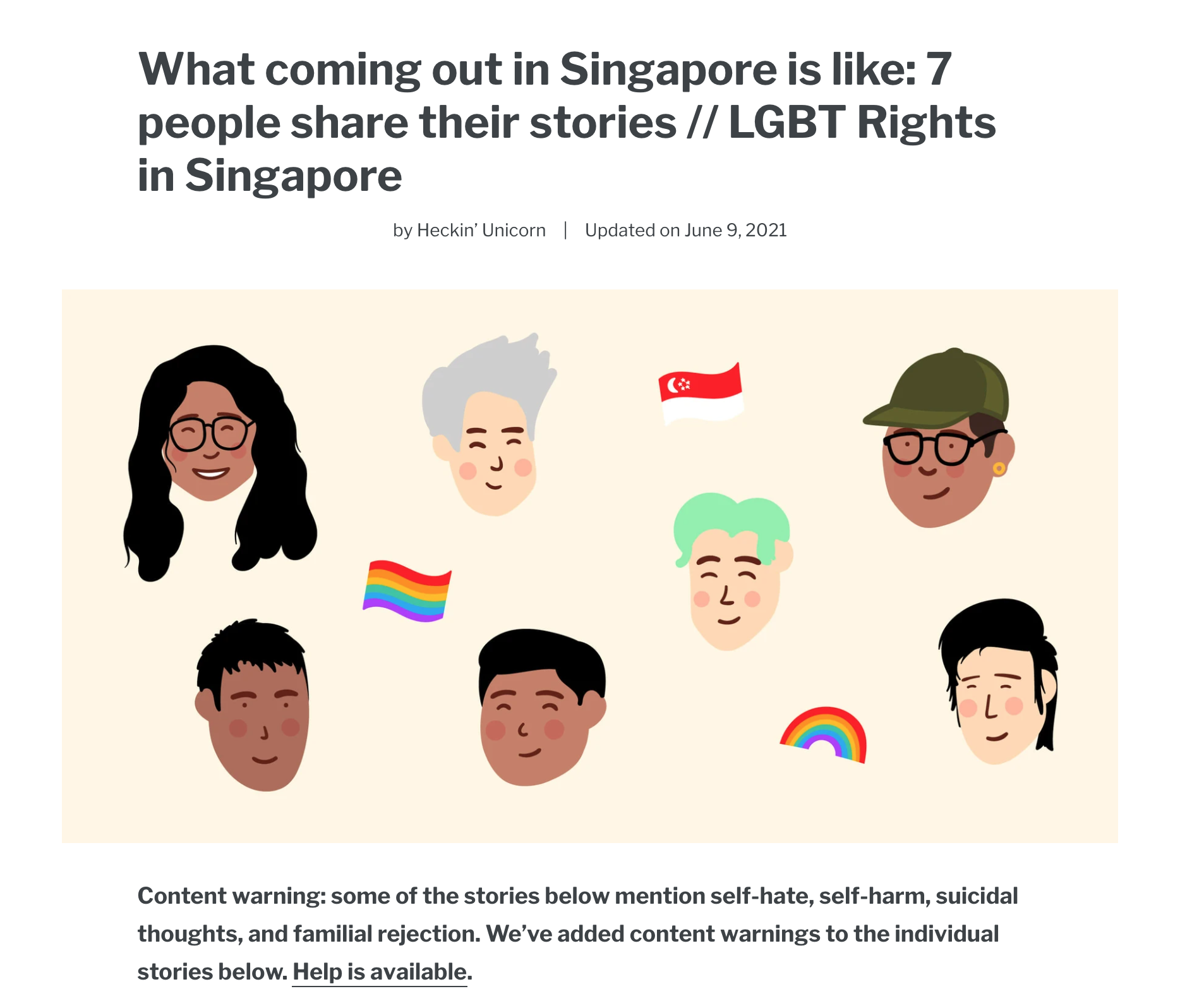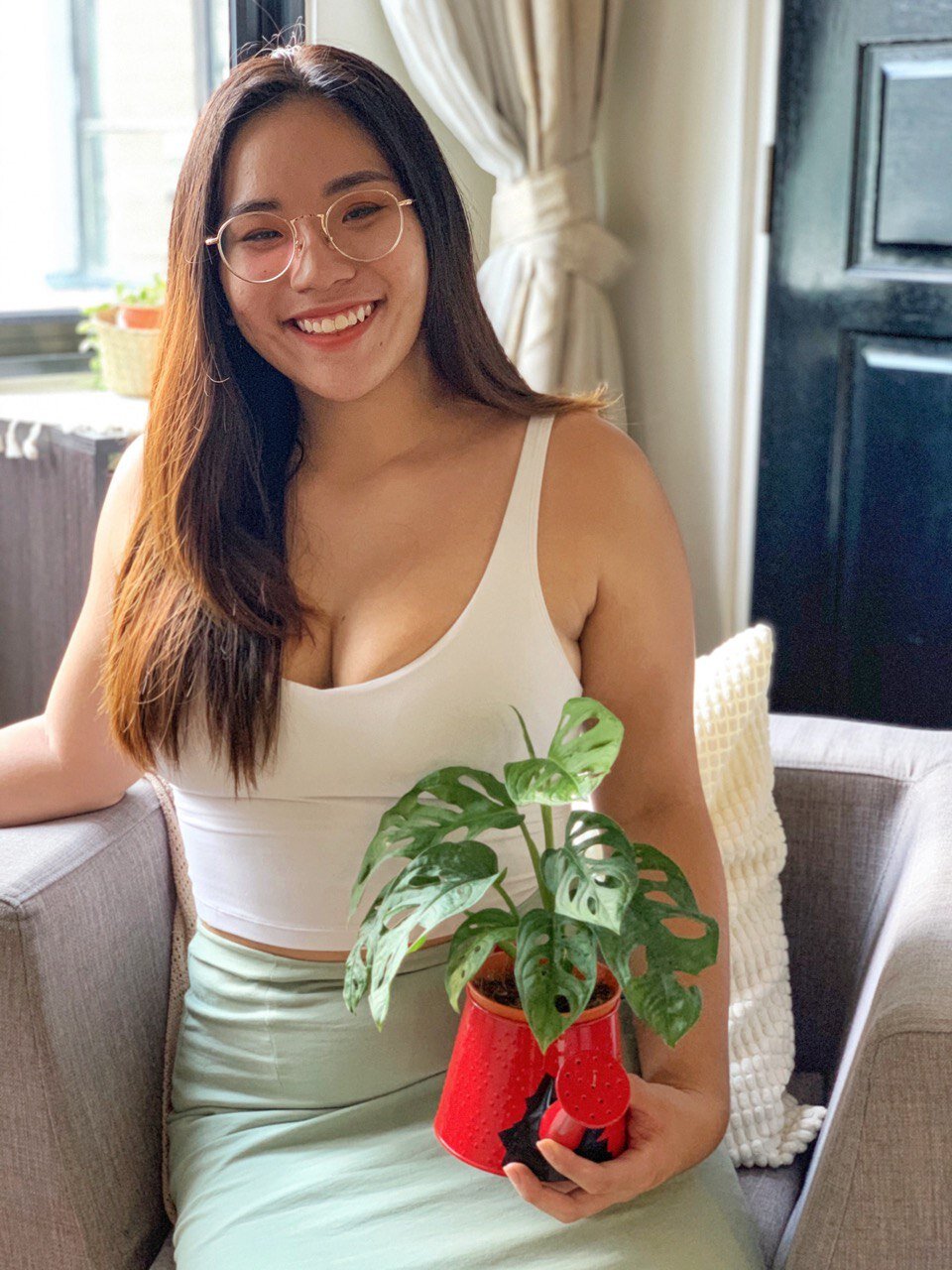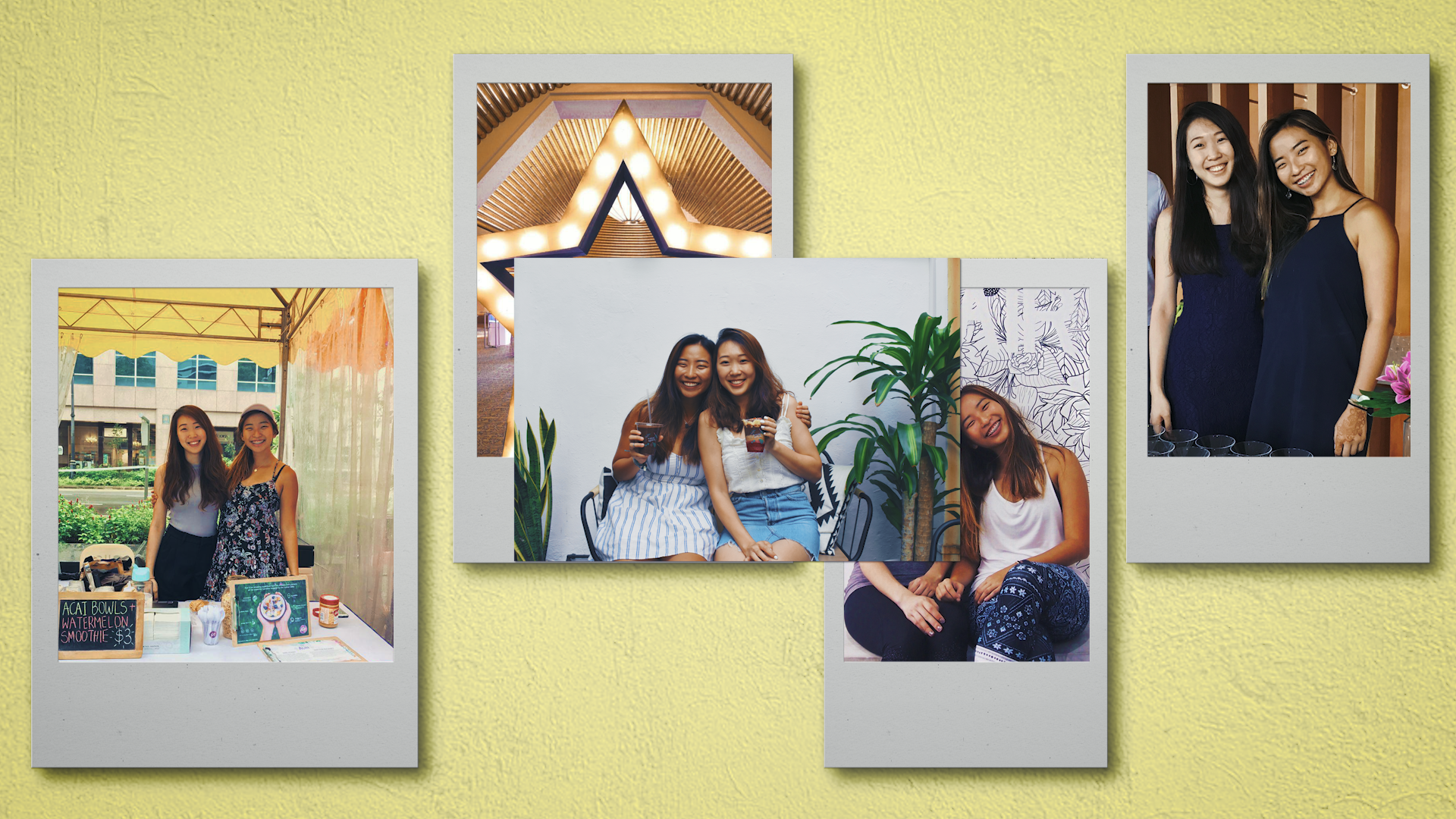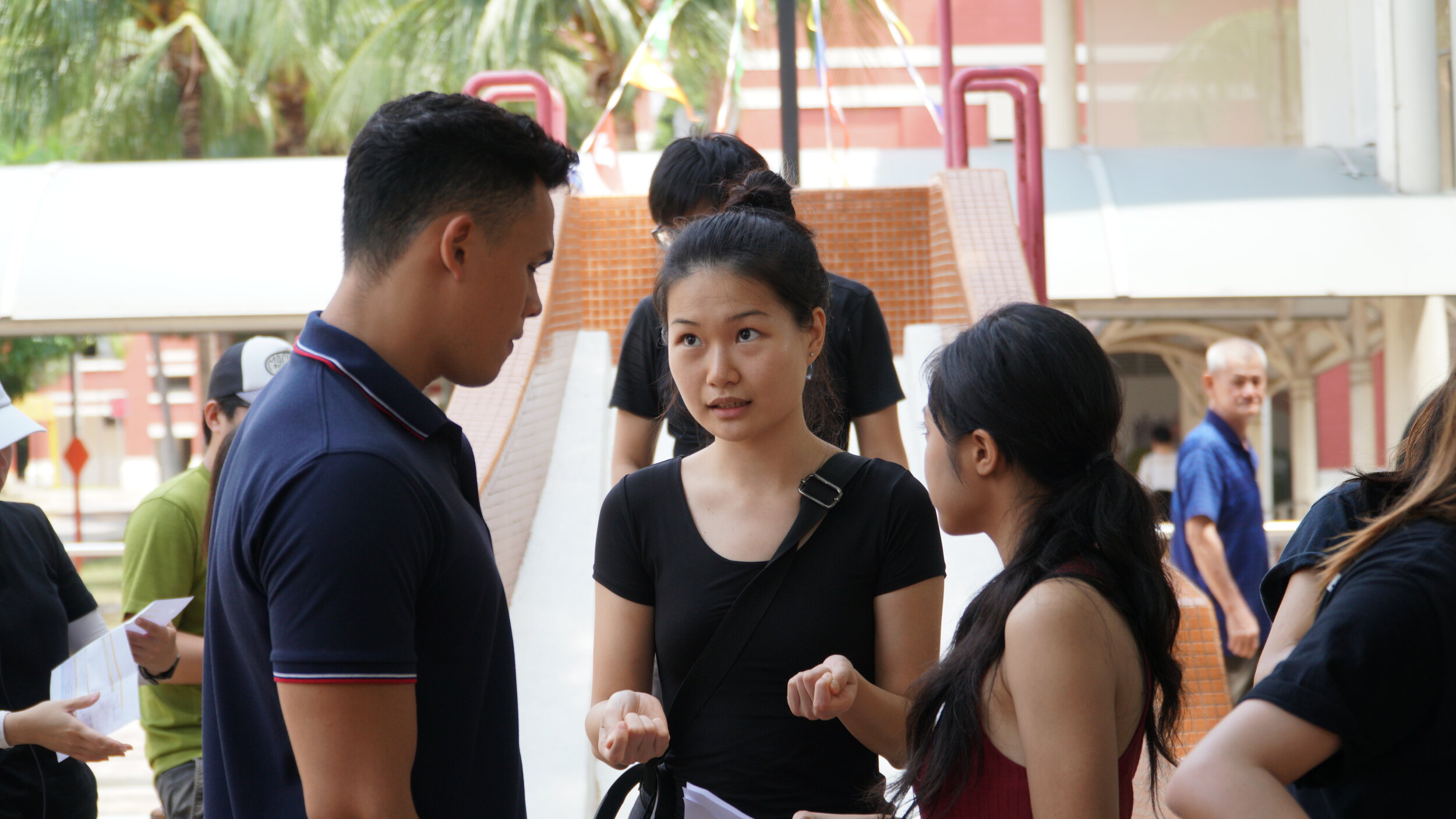Tell us about your upcoming collaboration with Baybeats!
Isaac: This year, Baybeats is working with independent promoters and organisers that they feel are pushing the scene forward. There are four days of Baybeats, and each day will feature acts curated by four different independent promoters at the Annexe stage. We’re programming the stage on the last day of Baybeats, and we’re quite excited. Our programming is called Big Duck Energy Kaleidoscopes. It’s about the celebration of diverse music that exists on the fringes of different genres of music. During the pandemic, there were a lot of interesting projects - even if there was no live music and people were struggling, people were still able to thrive creatively you know? We’re very grateful for this opportunity, and to programme the stage for Baybeats, yeah.
How does it feel to come back to the festival that sparked off Naybeats? And then now with Big Duck Energy?
Isaac: It’s hilarious man. Two years ago, we were disturbing them almost every day - spoofing their posts on Instagram. I remember we went to different bars where our friends bartended and put up the Naybeats 2019 poster. We just kept going everywhere to promote our stupid show. And people within the Baybeats circle were unhappy about it.
Chester: Like, “why are they doing this?”
Isaac: Yeah I remember someone saying that he wanted to beat me up or something. But at the end of the day, people could see the good work we did. It was nothing mean-spirited.
Chester: Nothing facetious I guess.
Isaac: Yeah, nothing was mean spirited. It was a joke. Music is inherently absurd. You can’t take it super seriously because it’s just sound going into people’s ears, even if you’re singing about your emotions. Doig Naybeats and being able to come back full circle where people understood why we did what we did, and to actually be able to programme an actual Baybeats show, it’s a bit unreal and very funny.
What sort of experience are you hoping to create for your audience?
Chester: The audience is limited to 50 people.
Isaac: Yeah we’re doing a live show for 50 people, and then there’s a livestream. So it’s very different because our curation philosophy is to pack as many people as possible into a small space - just to have a big party and everyone’s drunk. Yeah, you can’t do that now. So it’s more of curating something similar to a house show, which is a show with more of a vibey experience.
Chester: Cheesy word sia.
Isaac: Yeah but there’s a lot more thought goes into the visual element of it, to create an energy for the space itself rather than have energy coming from the audience. So things like the lighting, the performers all help in creating an atmosphere for a house show, and also making sure it looks good on camera. We’re working with a set designer whom we really respect called Rice who’s worked on music videos and stuff. We’re also working with our graphic designer, Laurent, who’s helping us with the a more focused, grungy aesthetic.
Chester: Yeah and because collaterals are directly from us, we’re very self-reliant.
Isaac: Ya la, we’re going to try as much as possible to create a very unique experience. We don’t want our show to be just another part of Baybeats. We want people to feel like they’re being transported into another world. I can’t wait for you guys to see the set design, it’s super dope.
Chester, as someone who’s had a lot of experience in the scene, what does it mean to collaborate with Baybeats this time?
Chester: I wouldn’t say I have a lot of experience… not at the the forefront-
Isaac: He’s been part of the scene for the past 15 years. So he’s seen pitfalls and some of the more toxic things that happen within the scene and these are things we’re trying to avoid.
Chester: Yes.
Isaac: So I mean, we can talk about it. Don’t say names lor.
Chester: Yeah, but my goodness, is it safe to say these things?
Isaac: Last time everyone played for free, it’s true what.
Chester: Yeah okay. In the past you used to have to pay in order to play a show. And with our shows, we try not to make that happen.
How did Isaac manage to convince you to come on board with him for Big Duck?
Chester: That’s a short story. He was like, “Eh bro. You never make it to Baybeats ah. First round only right, you never made it past that?”
Isaac: Yeah, yeah. I asked Chester specifically because of his experience.
Chester: I’ve done gigs before, and I also work audio and backline. So for our first gig, we got the venue to hold it two days after Isaac asked me to join him. We even made artist passes- like a spoof (of Baybeats) because we wanted to remember this entire thing. We were pseudo-proper, but not really-
Isaac: Chester really went above and beyond. I don’t even think of these things. He even made a wristband, and lanyards? He spent hours putting passes into the lanyards, one by one, for SHINY.
So what made you decide to continue doing shows after Naybeats?
Chester: Cause it’s damn fun. And we’re actually, how should we say this. We’re not losing money.
Isaac: We’re making money. Which is important. If we lose money, we can’t keep doing this. For the longest time, my perception of running underground shows is that you’ll definitely make a loss. But when we did Naybeats, we made a profit. It wasn’t a lot, but it was enough to breakeven. And it was such a big deal for me.
Chester: We paid the artists.
Isaac: And ourselves, and then we carried the rest forward for the next shows. So yeah, it’s fun. And two it’s like, I guess like, there were shows I wanted to see that were not happening you know? Shows that were happening that we felt could be better.
You guys mentioned that there were a lot of unhealthy things within the scene. So how are you guys trying to do things differently with Big Duck?
Isaac: First and foremost, our shows are always a safe space, and you respect everybody there. So it doesn’t matter what your political views are, doesn’t matter what your sexuality is, or your race or religion, whatever. You just come for a show and forget about that. You have a good time, you get drunk if you want to.
Chester: Yeah, spill a beer.
Isaac: I mean, you spill the bill then you clean it. Also the topic of sexual harassment is very important too. We take a very hard stance against that because in certain scene, it’s an open secret that people get a free pass to do these things at shows, or people are not comfortable talking about predators at shows. So for us, we’re very strict when it comes to safety. We make sure there are no predators at our shows, no sexual abuse, no harassment of any form at our shows. And of course, the culture of always paying our bands regardless or not if we profit or not.
Chester: So technically, no one loses.
Isaac: I mean, this is just very important. Even if artists say they’d be willing to play for free because they love us, we’ll insist to pay them because we want to start making this part of the culture. In Singapore, we feel like you can get away with not paying artists because the perception of an artist’s value isn’t very high. As independent organisers, we want to make it a point that even in the underground scene, artists are respected so when they go forward to other shows, they’ll know they have to get paid.












































